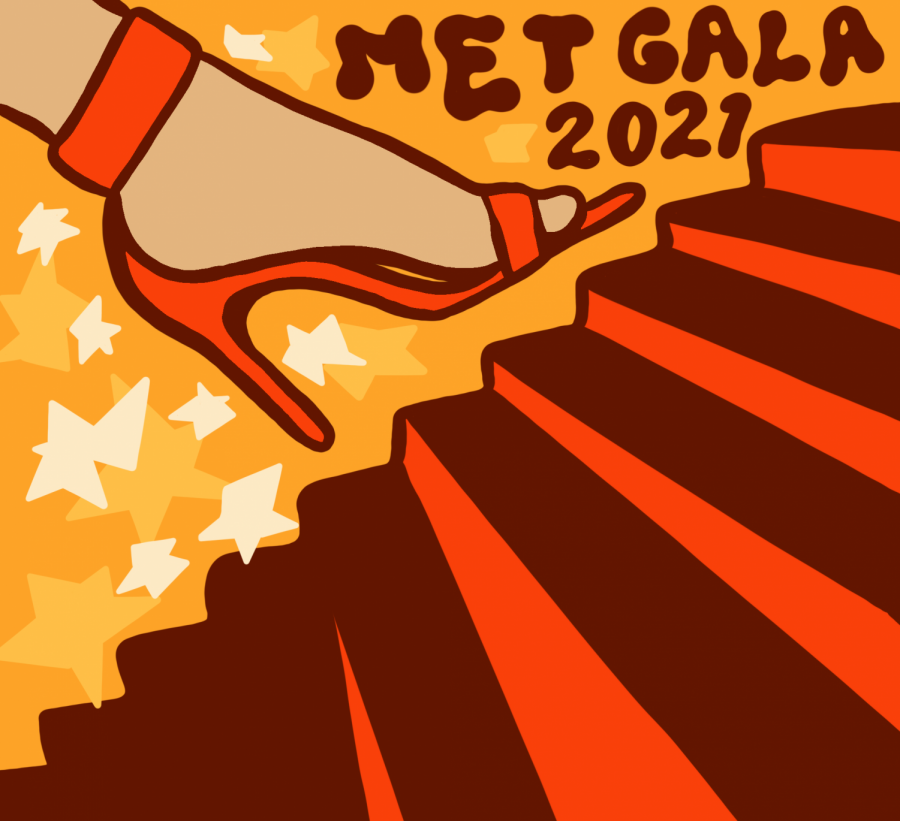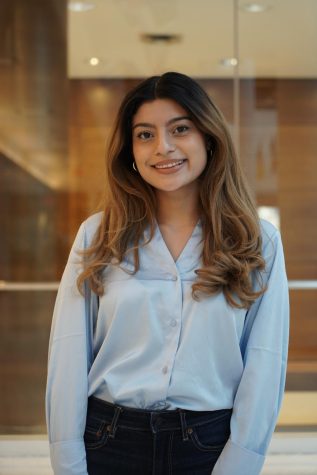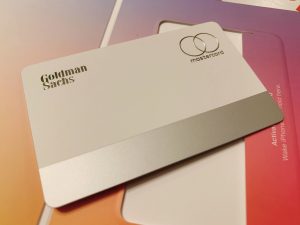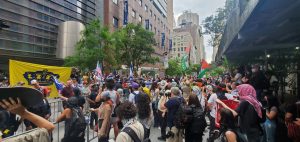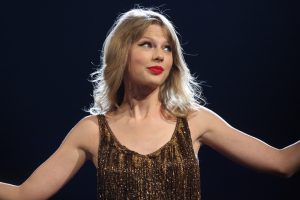Celebrity in-person events highlight privileges and a way to help
April 24, 2021
After cancelling last year’s event, the Costume Institute of the Metropolitan Museum of Art announced that they will be hosting their fashion-filled Met Gala not once but twice this year. The annual event will not be taking place in the first week of May, instead it will be divided into two separate parts taking place first in September and then in May 2022.
The Institute’s selected theme for the two gala events pays tribute to the fashion crafted in the United States. The September event, entitled “In America: A Lexicon of Fashion,” will emphasize the works of contemporary American fashion. The May 2022 showing will focus on the history of American style in an exhibit called “In America: An Anthology of Fashion.”
While the May 2022 event is planned to be a return to the typical extravagant gala the museum hosts with a wide array of celebrity guests, the September showing is said to be much more intimate and stringent to comply with safety protocols.
As an event that fundraises millions of dollars, the Met Gala’s 2020 cancellation severely impacted the Costume Institute. The upcoming events may signal a great financial relief for the Institute.
However, average civilians continue to social distance and abstain from holding large gatherings, which makes events like the Met Gala seem reckless and counterproductive to many. Celebrities may have easier access to doctors and vaccines, which would allow for a safer event if combined with COVID-19 safety guidelines.
Events like the Met Gala and the recent in-person Grammy Award Ceremony raise a debate over celebrities’ privileges when it comes to COVID-19 testing and vaccinations.
Last year, celebrities were facing criticism after they had easy access to COVID-19 testing while tests were in high demand. In recent months, public figures are receiving similar backlash due to their expedited vaccinations.
According to an article published by Variety, Dr. Robert Huizenga’s practice based in Beverly Hills was “offered in excess of $10,000 by individuals, including members of the entertainment industry, desperate to get vaccinated.”
The ability to spend thousands of dollars to jump the line for the vaccine or the ability to jump on a private jet and fly to a state that has a surplus of doses showcases an unethical advantage that celebrities have. The fact that celebrities are getting these vaccines to safely engage in events such as the Grammys or the Met Gala demonstrates negligence on their part.
It may benefit communities, if public figures demonstrate their acceptance of these new vaccines. For public-health communicators, “Influencers look like a simple solution to a common problem… They need to reach people who don’t want to be reached, but who spend a lot of time on the internet,” as stated in an article published by The Atlantic.
In an interview conducted by CBS News, Dr. Fauci emphasized that “we’ve got to vaccinate as many people as we possibly can as quickly as we possibly can.” It then should not matter who gets the vaccine as long as herd immunity can start to be established through a majority of the population being vaccinated.
If celebrities can assist by promoting the vaccine, then they should play their role as influencers to sway the public in the direction of a COVID-free world. Having the Met Gala would be an example of society’s ability to safely hold large scale events while simultaneously promoting vaccinations.
With roughly half the nation partially vaccinated and fully vaccinated, celebrities, designers and fashion-enthusiasts await the autumnal season to share a new look to America.



